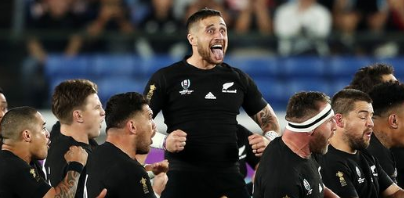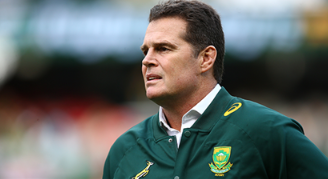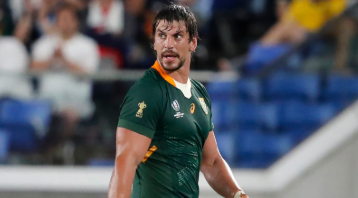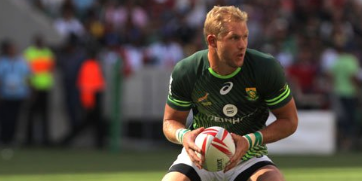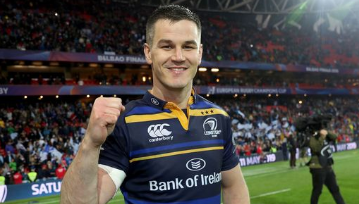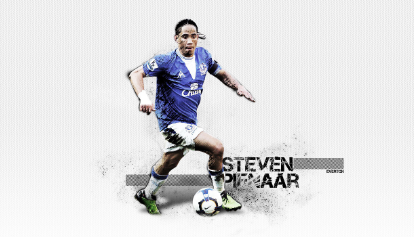
The South African National Rugby Team, more commonly known as the Springboks, have finished their week-long victory parade across the nation. This victory parade comes after the national team won the 2019 Rugby World Cup Championship, which was awarded to the team when they beat England at 32 to 12. Their weeklong victory parade had the team stop at six cities across South Africa with the Webb Ellis Trophy. These locations include the Elsies River Suburbs and Mother City Centre. However, the tour started in Cape Town, where the most significant number of their fans live. Additional locations include Belhar, Langa and Symphony Way. All parade route locations had fans screaming cheers and throwing gifts to the victorious Springboks. The largest venue was at Symphony Way, where more than five thousand individuals gathered to watch the champions’ party in their city.
The Elsies River Suburbs was the only new location for a victory tour. Children were begging parents to leave school to see their Rugby Idols. The popularity of the Springboks Victory Parade forced a few schools in the region shutting down or altering school times to account for the parade. One student, Chantal Pearson, said that going to school at six in the morning was worth seeing the Springbok Champions.
Other residents from the victory tour stops spoke with local news reporters, noting how proud they are of their team. This is the first time that the South African National Rugby Team has won a championship since 2007. Since their last tournament, the team has faced considerably bad odds. They were ranked the best team from 2007 to 2009, then again in 2019. However, they’ve had significant losses during the Quarter or Semi-Finals. Another big reason why South African Residents praised the Springboks is that it’s the first time a Black South African held the Web Ellis Cup.
Footage from the event shows fathers running with their daughters or holding them on their shoulders, even for the short five minutes where the team stopped and passed on the parade route. The Springboks Victory Tour was so extensive that Archbishop Desmond Tutu appeared at City Hall to meet the team at the end of their parade. During his short time with the team, he publicly noted that South Africa shouldn’t only bask in their glory but also use their positive momentum to grow the countries commitment to equal rights. For is the Springboks can win, South Africa can win their fight against democracy. Regardless of the political statements made during the tour, fans of the South African National Rugby Team continued to show their support.
